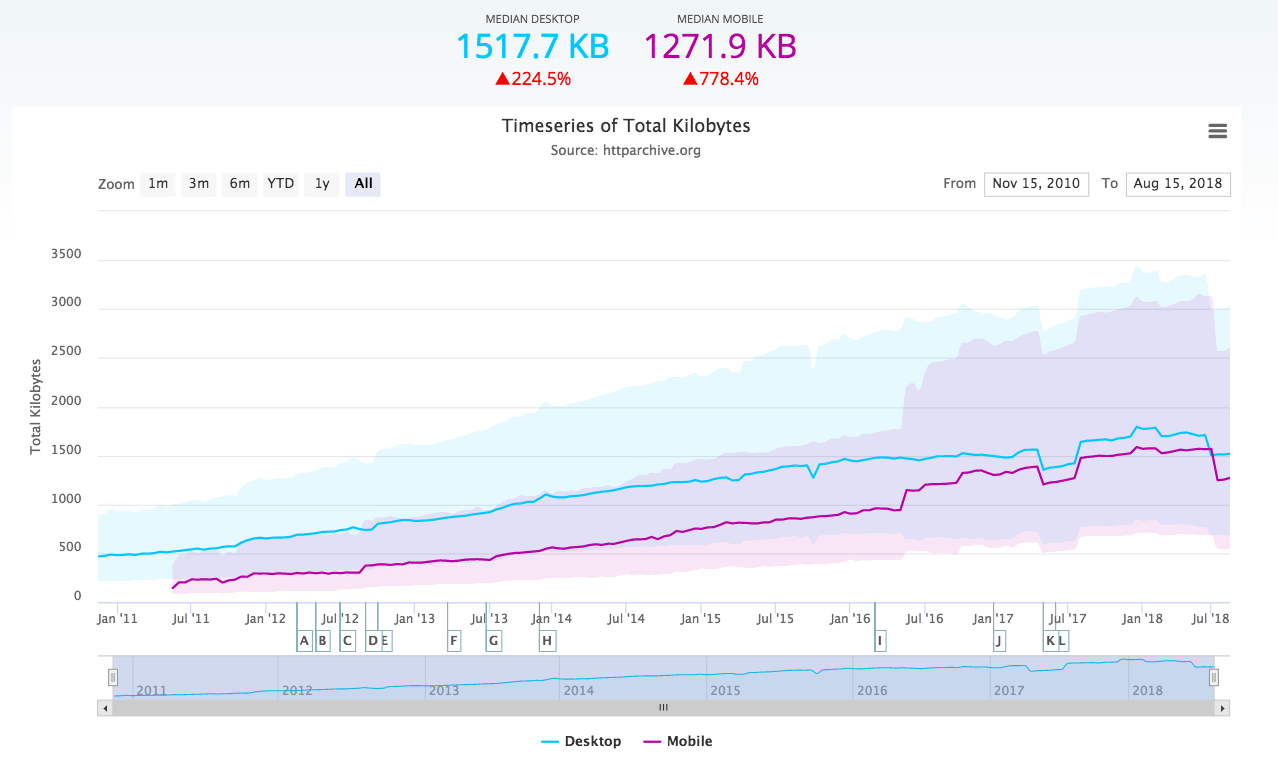
We thought it was time for some fun of the geekier kind. If you know what IPv6 is, this should be something for you.
You may have seen IPv6 addresses that contain a couple of actual words. Here is a made-up example: babe:f432:42aa:8271:eee6:1076:dead:beef
Now what if we take this one step further, and construct entire sentences inside IPv6 addresses instead of just a few words? We decided to do just that, and here is how we did it.
Constructing words inside IPv6 addresses
When showing an IPv6 address a hexadecimal notation is used. The hexadecimal digits are 0-9 and A-F (the latter corresponding to the values 10-15).
A 128-bit IPv6 address is written as 8 sets of 4 hexadecimal digits. Since initial zeroes can be skipped in each set, we can include words that are 4, 3, 2 or 1 characters long.
When constructing words, we can use the letters A-F, of course, since they are already letters. Then, to give us a few more letters to play with, we decided to include some leet-style interpretations of the numbers 0-9. (As you’re probably starting to notice, we’re a pretty geeky crowd here at Pingdom. 😉 )
We went with: 0 = o or . , 1 = i or l, 2 = R, 5 = S, 6 = b, 7 = T, 9 = g.
So in the end we have the following letters to construct words with: a, b, c, d, e, f, g, i, l, o, r, s, t
Now on to constructing some actual sentences!
IPv6 addresses that make sense (sort of)
The “IPv6 sentences” below are not existing addresses we’ve found. We made them up. But although they’re just made up they are nevertheless correct and could be used in the real world.
Unfortunately we didn’t have the necessary letters to include words like “ping”, “tcp”, “http”, “down” and many others we would have liked to have in our word arsenal, but we had a lot of fun putting various sentences together over a couple of after-work beers.
Here are some of the better ones we came up with:
Happy sysadmin
(root is good. root is god.)
Fearful sysadmin
(dear god. last boot lost all data)
(data loss. good god. i dead)
(too late to face boss. flee flee)
(Almost a bit of storytelling there… )
The Digg (Slashdot) effect
(if digg site or blog is fast dead)
Ideal IP address for Icanhascheezburger.com
(lots of lol cats fill all blog data)
or just:
(lol cats lol cats lol cats lol cats)
A perspective on web robots and crawlers
(get lost or die bots . . .)
Can’t leave them cats alone
(if cat sees bird, cat eats bird)
The truth about beer
(ice cold beer is as good as life)
For ad-crazy sites
(site ads for sale. fill cart.)
Where to go from here?
There are tons of more or less cryptic sentences that you can create this way and fit into an IPv6 address.
Can you come up with more? Show us in the comments. 🙂


























